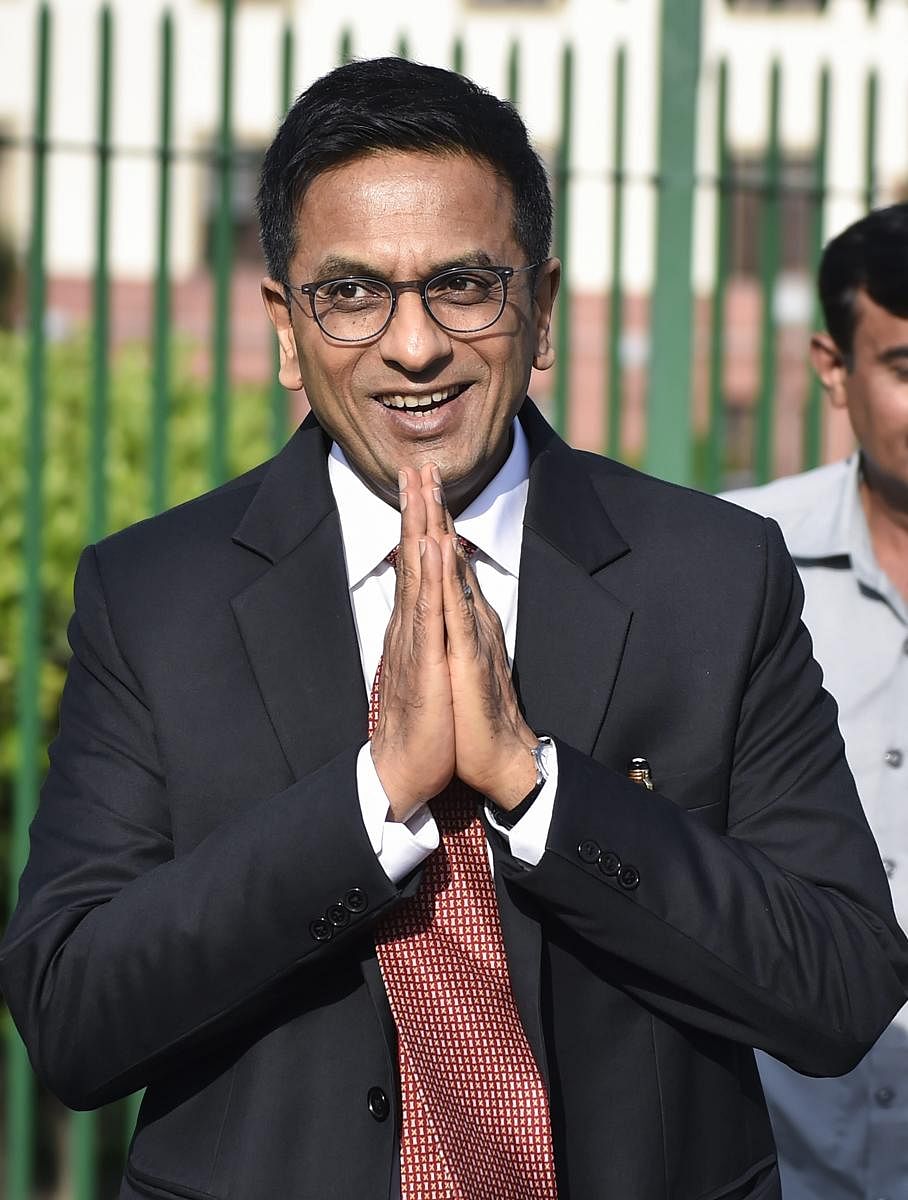
Supreme Court judge, Justice D Y Chandrachud, Monday termed the virtual courts as “citizen-centric” and said it is an attempt from the judiciary to tell the citizens that "we value your time".
Justice Chandrachud was speaking at the virtual inauguration ceremony for E-projects of the Kerala High Court.
He said that virtual courts are being used for traffic or petty offences, and they can be expanded to cover summary trials of various kinds of offences.
“Virtual courts are citizen-centric. It is an attempt from the judiciary to tell the citizens that 'we value your time'. It leads to judicial productivity. The work of 20 judges in Delhi is now being handled by one judge,” he said.
He added that the virtual courts promote compliance of the rule of law and ensure that metro cities do not become accident capitals of the world.
Justice Chandrachud further suggested to use artificial intelligence (AI) to translate contents of FIRs, “where FIRs are not in a particular language, let's use ICJS (Integrated Criminal Justice System) and Artificial Intelligence to translate the contents.“
“Use of AI to translate all judgements of High Courts into regional languages. Let us make the language of the courts available at the doorstep of the litigant by using information technology", said Justice Chandrachud.
The e-projects will include e-modules for bail applications, land acquisition appeals, motor accident appeal cases, obtaining certified copies electronically and e-filing in district judiciary and virtual courts.
“It will ensure real-time scrutiny of bail applications, which have an intrinsic connection with human liberty,” Justice Chandrachud said adding that real-time scrutiny is an important first step to be open, transparent and efficient.
"Let us use online services of mediation and negotiation to help bring peace between warring parties across state and country lines," he said.